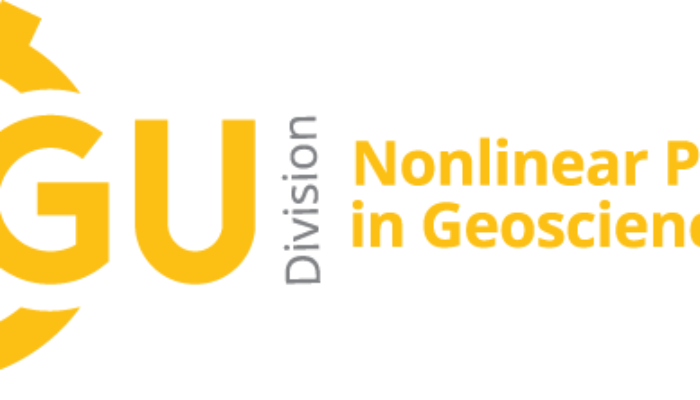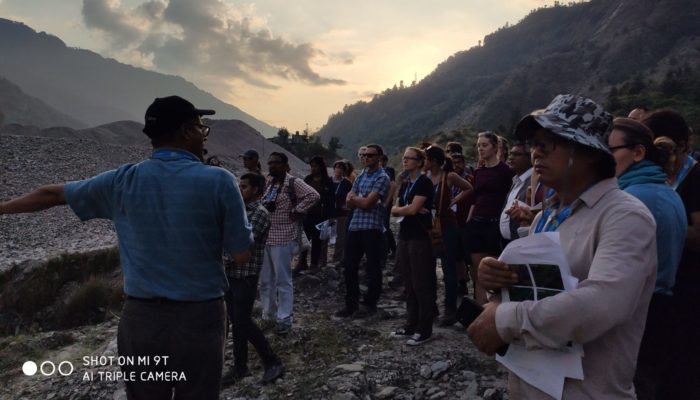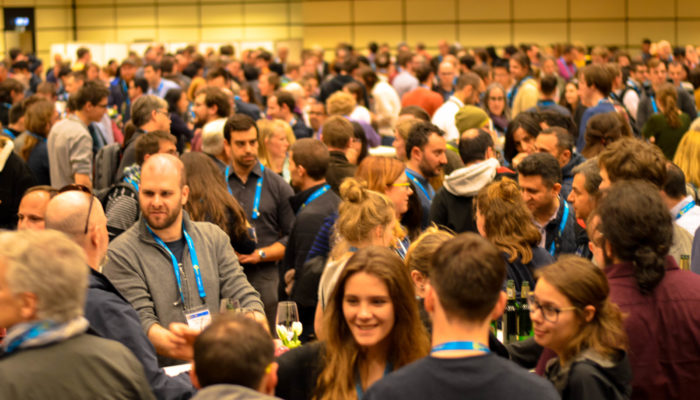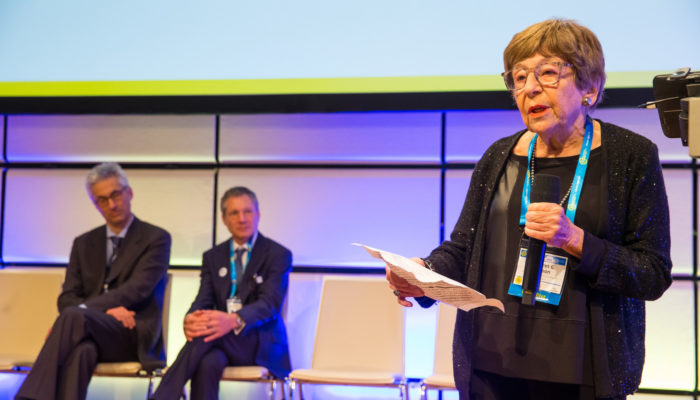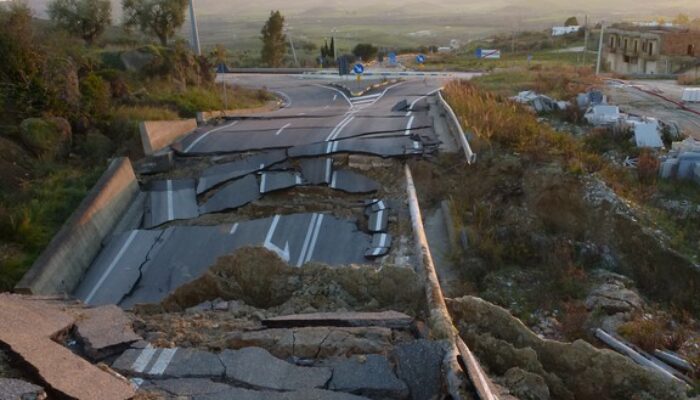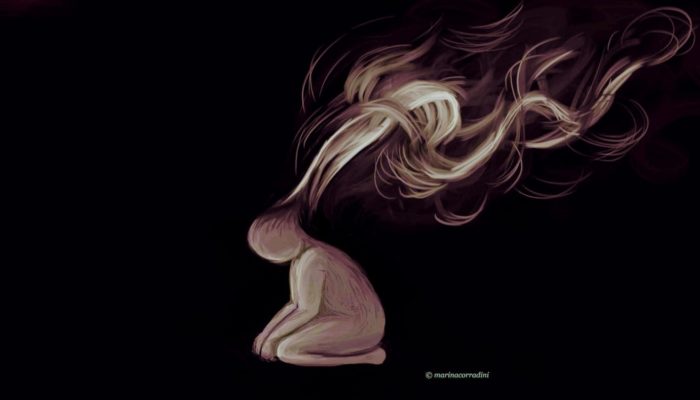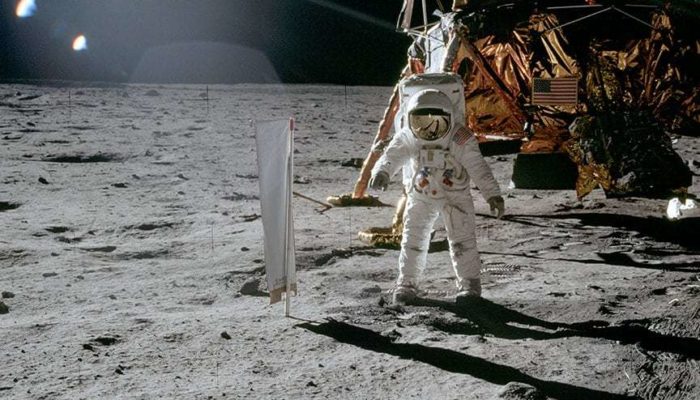Each year the European Geosciences Union organizes the largest European geosciences event which is the EGU General Assembly. It usually attracts over than 15000 scientists from all over the world, including both established researchers and early career scientists, who contribute to more than a half of the participants. It consists of several sessions (usually more than 500), covering a wide spectr ...[Read More]
If you didn't find what you was looking for try searching again.
Geodynamics
The Sassy Scientist – Publishing Lulls
Every week, The Sassy Scientist answers a question on geodynamics, related topics, academic life, the universe or anything in between with a healthy dose of sarcasm. Do you have a question for The Sassy Scientist? Submit your question here or leave a comment below. Through an overwhelmingly frustrating waiting period, first due to an editor that went AWOL with an unresponsive email account as a re ...[Read More]
GeoLog
How extreme events impact Earth’s surface: reports from the 6th EGU Galileo conference
Throughout the year, EGU hosts a number of meetings, workshops, and conferences for the geoscience community. While the EGU’s annual General Assembly brings more than 15,000 scientists together under one roof, the EGU Galileo Conferences allows a smaller number of scientists to discuss and debate issues at the forefront of their discipline. In this blog post, the organisers of the 6th Galileo Conf ...[Read More]
GeoLog
EGU 2020: Financial support to attend the General Assembly
The EGU is committed to promoting the participation of both early career scientists and established researchers from low and middle-income countries who wish to present their work at the EGU General Assembly. In order to encourage participation of scientists from both these groups, a part of the overall budget of the EGU General Assembly is reserved to provide financial support to those who wish t ...[Read More]
GeoLog
EGU announces 2020 awards and medals
This week, the EGU announced the 49 recipients of next year’s Union Medals and Awards, Division Medals and Division Outstanding Early Career Scientist Awards. The aim of the awards is to recognise the efforts of the awardees in furthering our understanding of the Earth, planetary and space sciences. The prizes will be handed out during the EGU 2020 General Assembly in Vienna on 3-8 May. Head over ...[Read More]
Geodynamics
Writing the Methods Section
An important part of science is to share your results in the form of papers. Perhaps, even more important is to make those results understandable and reproducible in the Methods section. This week, Adina E. Pusok, Postdoctoral Researcher at the Department of Earth Sciences, University of Oxford, shares some very helpful tips for writing the Methods in a concise, efficient, and complete way. Writin ...[Read More]
Hydrological Sciences
YHS interview Martyn P. Clark: “rainfall-runoff modelling, per se, is dead”
In its “Hallway Conversations” series, the Young Hydrologic Society has recently published an interview with Martyn P. Clark, who is currently professor and the Associate Director of Centre for Hydrology and Canmore Coldwater Lab, at the University of Saskatchewan, Canada. The interview was conducted by Sina Khatami, a PhD student at the University of Melbourne. With their agreement, we reproduce ...[Read More]
Natural Hazards
Where science and communication meet: the editorial world of scientific journals.
The ultimate scope of scientists is to publish their research advancement and share it with the scientific community and civil society. Researchers, whether coming from academia or research institutes, publish their results in peer-reviewed journals, that are usually highly technical and often incomprehensible to anyone except the major experts in the field. In some subjects is inevitable given th ...[Read More]
Seismology
A way out of burnout
If you are experiencing burnout and you’re having difficulty finding your way out, ask for help and seek professional treatment.
GeoLog
July GeoRoundUp: the best of the Earth sciences from around the web
Drawing inspiration from popular stories on our social media channels, major geoscience headlines, as well as unique and quirky research, this monthly column aims to bring you the latest Earth and planetary science news from around the web. Major story The world soaks up the sun This summer our planet experienced the hottest June in recorded history, with the average global temperature reaching 16 ...[Read More]

